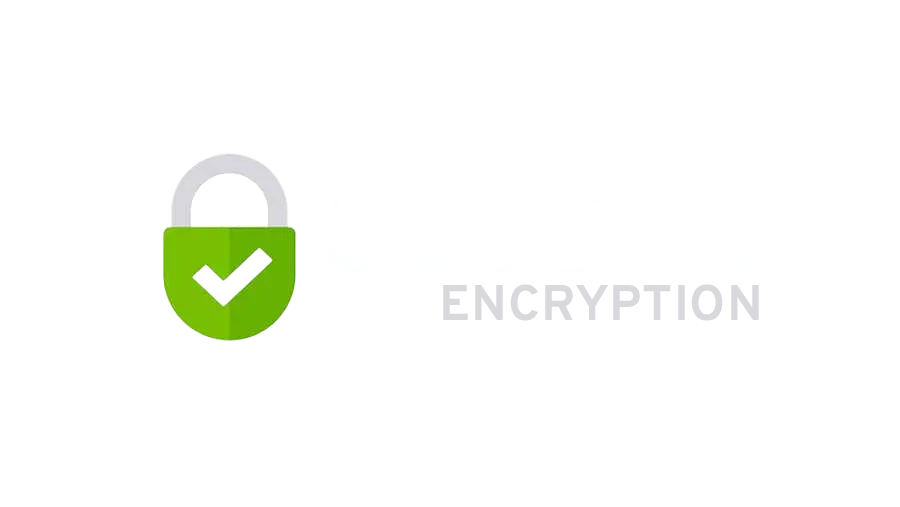How to beat the forgetting curve of Subject Matter Expert consultation with business coaching?
- bernard chanliau
- Dec 15, 2023
- 3 min read
Updated: Jul 13, 2025

Think back to the last webinar on the Go2market strategy or how to improve your execution capacity with your peers; your last mentoring session initiated from the latest 'serial entrepreneur' joining your advisory board ‘who’s been there and done that’, the last entrepreneurial online learning course you attended; all those recent startup / leadership podcasts you listened to during your lunch break as that guilt moved up an inch:))😂
→ Of what you listened, understood, and learned; how much do you think you retained after 24 hours, 48 hours? And how about after the first week?
The forgetting curve shows us how quickly information we learn is lost over time when no effort is made to retain it. I see this often at the start of new coaching engagements with my corporate or startup clients – how do we define the responsibility and accountability of monitoring and tracking goals in-between coaching sessions? What structure are we going to use to capture the insights and follow-up actions? Whose role is it – The learner/coachee? The coach? A collaboration of both?
And to complicate matters, each client has their own working style signature such as structured-unstructured learning; formal-casual; directive-non-directive; facts-people focused; ….
As the Chinese Proverb, Confucius said, “I hear I forget, I see I remember, I do I understand.”
One way to overcome the challenge of the forgetting curve is through professional coaching and its Active Experimentation phase, one of the most critical learning phases in the arc of engagement in terms of business / personal results.
It encompasses the competency of cultivating learning growth by facilitating the client growth, as coaching as a learning channel is highly experiential. We define this as Action learning, an experiential learning method in which learners learn by doing and then reflecting on what they have done. Effective leadership development is situated in the context of real work.

This is where concrete experience in experiential learning happens. It’s the phase that helps learning “stick” and shows learners where their knowledge gaps are. This phenomenon of application exposing blind spots is known as The Illusion of Explanatory Depth. – what are your learning biases?
So how do you learn? What is your preferred learning style? By that, I mean how do you measure the acquisition and integration of your entrepreneurial journey, your organisational learning or other? Do you observe and do? Or read/watch/reflect and act? 🤷♂️
Because founders’ rarely learn something after a single ‘download’ exposure such as a sprint on securing your leading investor workshop, it’s vital that entrepreneurial programmes ditch the “one and done” approach to startup training or the fast food fixing from the numerous advisory services in the ecosystem and adopt a more process-focused approach. Learning is a process and beating the forgetting curve requires a holistic approach to learning and development.
One of the best ways to integrate learning is to increase your reflective practice, to slow down and reflect on the experience. Reflection can occur in an unstructured and independent way by encouraging learners to spend time thinking alone, in a structured and independent way using journaling about an experience, or in a structured and social way through coaching or debriefing peer discussion groups.
For me as a professional coach it usually happens in peer supervision or listening to client recordings with a MCC mentor coach / ICF assessor.
Latest business coaching *research on “follow-up sessions homework” shows us that the positioning of the homework by the coach, including the terminology used to describe the activity, and the type of work can affect the level of engagement and thus the perceived value generated.
For example, working with client founders we use online structures to track and monitor coaching goals progress on stakeholder mapping and alignment, cross-functional influencing skills without power, team effectiveness, difficult feedback skills with performance, improving customer satisfaction…etc so when the client is making progress towards their goals, it can increase their self-efficacy and lead to greater motivation to continue or making progress towards these goals, it can also create a sense of achievement and increase client motivation to continue working towards them...etc.
Action learning uses an organisation's complex challenges as the focal point for the coachee/learner's development. While the coachee learns, they build their management team and deliver business results.
In your next peer cohort or individual session, what about complimenting your learning and engaging through a process of follow-up actions by experimenting and agreeing on the mutual accountability to affect the level of engagement and thus the perceived value generated?
#EICPartners #EUeic #innovation #startups: https://partnerservices.eismea.eu/partner/bc-team-coaching-ltd
*Hands up for homework: exploring inter-sessional activities in coaching (Jonathan Passmore, Claudia Day, Qing Wang)





Comments